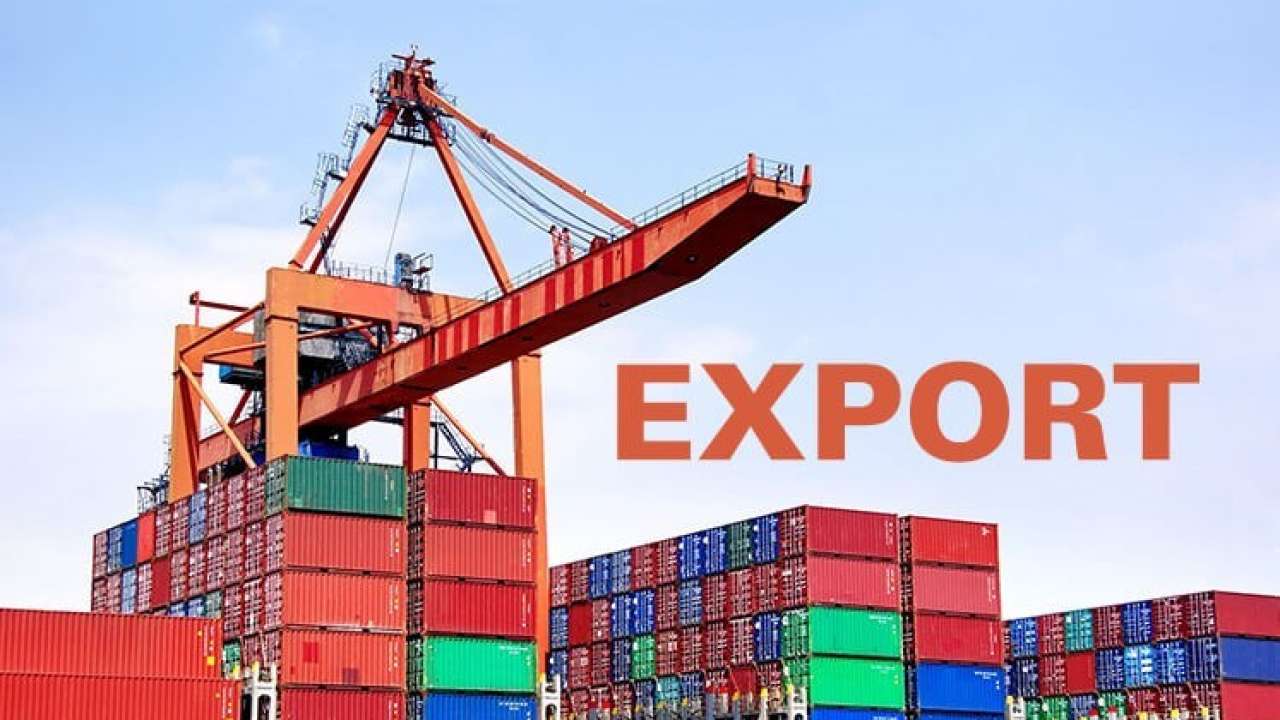
Govt set to release ₹800 Cr pending dues for exporters under new IES framework
NEW DELHI : The government is preparing to clear nearly ₹800 crore in pending dues owed to exporters under the Interest Equalisation Scheme (IES), as it readies to roll out a revamped version of the scheme under the newly approved Export Promotion Mission (EPM), a senior official said.
The pending claims, which pertain to arrears up to December 31, 2024, are expected to be disbursed shortly. The move is likely to bring relief to exporters—particularly micro, small and medium enterprises (MSMEs)—who have been struggling with rising global uncertainties and tightening financial conditions.
Exporters have been facing additional pressure in recent months following the 50% tariffs imposed by the United States on several Indian products. Industry bodies have repeatedly urged the government to expedite IES payments to help offset the rising cost of credit and maintain export competitiveness.
The IES, which offers interest subvention on pre-shipment and post-shipment rupee export credit, had lapsed on December 31, 2024. The updated version of the scheme will now be implemented as part of the Export Promotion Mission, a comprehensive programme cleared by the Cabinet to strengthen India’s export ecosystem.
Under the EPM, the government aims to streamline exporter support by integrating both financial and non-financial assistance. The revamped framework will include credit support, market access initiatives, branding, export readiness programmes, logistics solutions, and compliance facilitation.
Alongside IES dues, the government is also working to clear pending payments under the Market Access Initiative (MAI), which supports exporters through market development activities such as trade fairs, buyer-seller meets, and product promotion.
According to officials, the clearance of pending IES claims will improve liquidity for thousands of exporters who depend on subsidised credit to maintain orders, especially in labour-intensive sectors. The move is seen as part of the larger strategy to navigate global trade headwinds and sustain export growth.
Exporters welcomed the development, noting that timely release of funds would help stabilise working capital cycles at a time when global demand remains uneven. The rollout of the revamped IES under the EPM is expected to offer a more predictable, structured support system for the sector in the years ahead.

